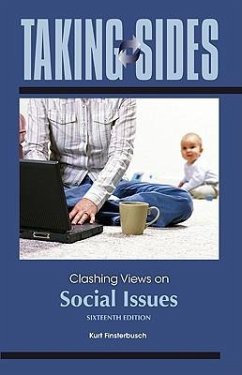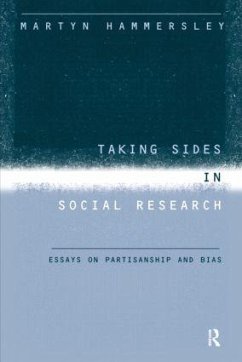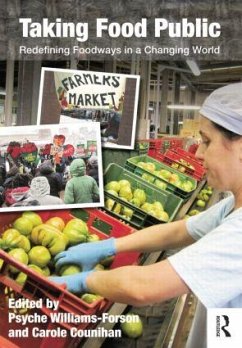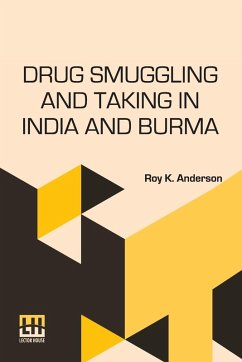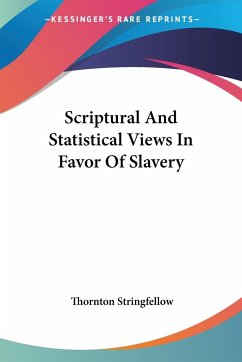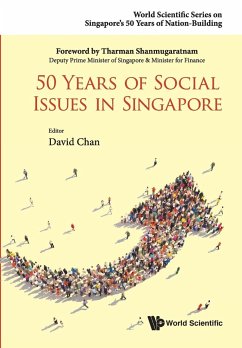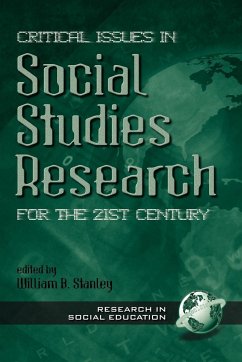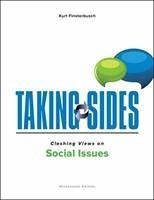
Taking Sides: Clashing Views on Social Issues
Versandkostenfrei!
Versandfertig in über 4 Wochen
66,99 €
inkl. MwSt.

PAYBACK Punkte
33 °P sammeln!
The Taking Sides Collection on McGraw-Hill Create(TM) includes current controversial issues in a debate-style format designed to stimulate student interest and develop critical thinking skills. This Collection contains a multitude of current and classic issues to enhance and customize your course. You can browse the entire Taking Sides Collection on Create, or you can search by topic, author, or keywords. Each Taking Sides issues is thoughtfully framed with Learning Outcomes, an Issue Summary, an Introduction, and an Exploring the Issue section featuring Critical Thinking and Reflection, Is Th...
The Taking Sides Collection on McGraw-Hill Create(TM) includes current controversial issues in a debate-style format designed to stimulate student interest and develop critical thinking skills. This Collection contains a multitude of current and classic issues to enhance and customize your course. You can browse the entire Taking Sides Collection on Create, or you can search by topic, author, or keywords. Each Taking Sides issues is thoughtfully framed with Learning Outcomes, an Issue Summary, an Introduction, and an Exploring the Issue section featuring Critical Thinking and Reflection, Is There Common Ground?, and Additional Resources and Internet References. Go to McGraw-Hill Create(TM) at www.mcgrawhillcreate.com, click on the "Collections" tab, and select The Taking Sides Collection to browse the entire Collection. Select individual Taking Sides issues to enhance your course, or access and select the entire Finsterbusch: Taking Sides: Clashing Views on Social Issues, 19/e ExpressBook for an easy, pre-built teaching. Using Taking Sides in the Classroom is also an excellent instructor resource. Visit the Create Central Online Learning Center at www.mhhe.com/createcentral for more details.



